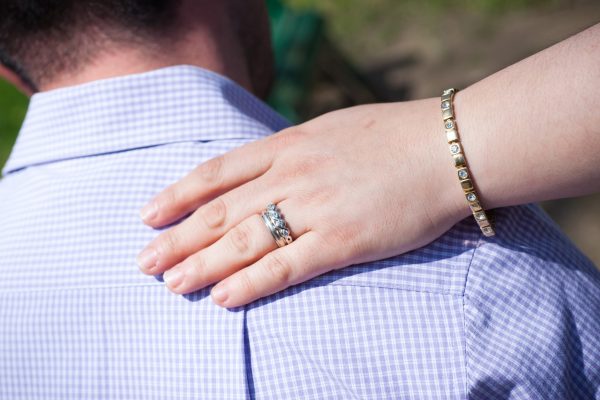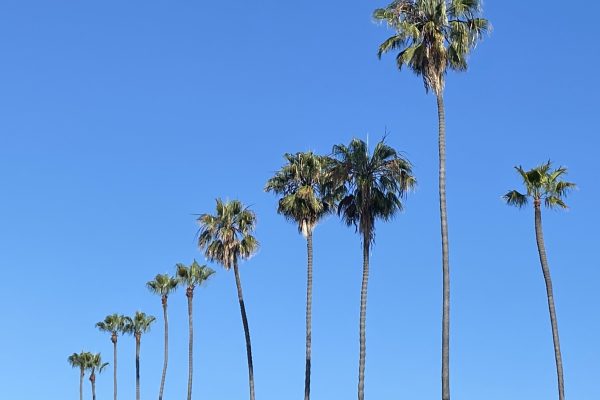Rabbi Arthur Waskow worked with Cantor Abbe Lyons when she decided to shape a new Haftarah—the Prophetic passage chanted on Shabbat—from passages of Dr. King’s prophetic “Beyond Vietnam” speech at Riverside Church in New York City on April 4, 1967—exactly one year before he was killed. She has set his English words to the traditional Haftarah melodies. This new Haftarah takes seven minutes to chant.
As we consider how to use this new Haftarah, we might recall the words of Rabbi Abraham Joshua Heschel. On March 25, 1968, he introduced Dr. King to speak to the Rabbinical Assembly. Rabbi Heschel said, “Where in America do we hear a voice like the voice of the prophets of Israel? Martin Luther King is a sign that God has not forsaken the United States of America. …The whole future of America will depend upon the impact and influence of Dr. King.”
Ten days later, Dr. King was killed—giving a deeply ironic cast to the last sentence in Rabbi Heschel’s introduction. Fifty years later, we could turn that history in a new direction.
We invite you to choose a Shabbat close to April 4th to introduce this new Haftarah into your sacred service.
Listen to the MP3 and see the Haftarah trope in the PDF below.












2 Responses
Brilliant!
When was this done?
How did they decide what tropes to apply to each word?
Hi Lila! I think you could reach out to Reb Arthur Waskow with your good questions!